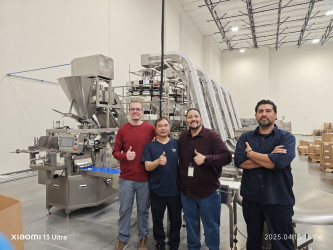The Ubiquitous Application of Belt Conveyors in Various Industries
Introduction:
Belt conveyors have become an indispensable part of modern manufacturing processes across numerous industries. Offering a versatile and efficient means of transportation, these machines have revolutionized the movement of goods and raw materials. With their ability to handle a wide range of products, sizes, and weights, belt conveyors have emerged as a key solution for streamlining production, reducing costs, and improving overall efficiency.
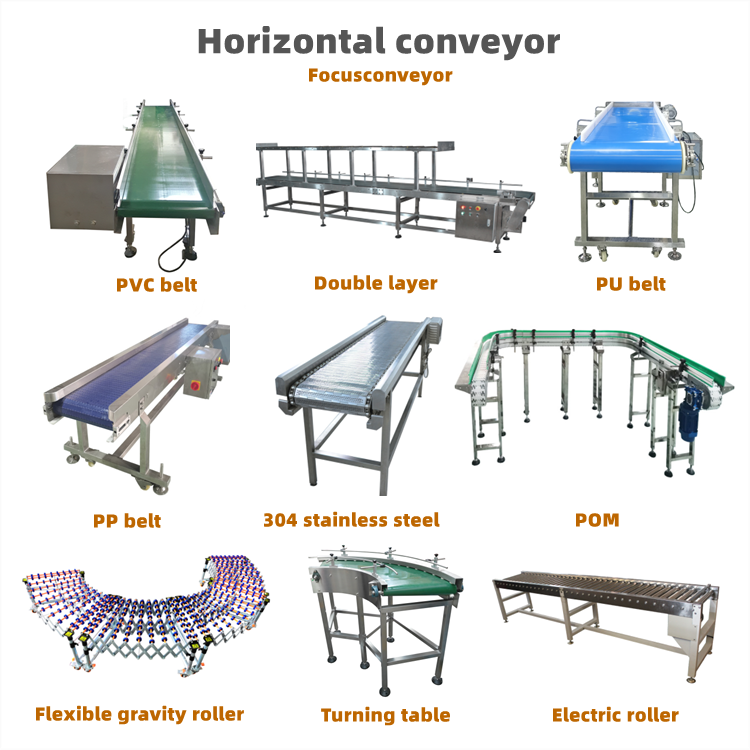
1. Manufacturing Industry:
In the manufacturing sector, belt conveyors serve as the backbone of production lines, seamlessly connecting different stages of the manufacturing process. From assembly to packaging, belt conveyors enable the smooth and efficient movement of components, parts, and finished products. By automating the transportation of goods, manufacturers can achieve higher levels of productivity, optimize resource allocation, and minimize the occurrence of errors. Additionally, belt conveyors are crucial for industries that require precise alignment and positioning of materials, such as the automotive and electronics sectors. They ensure that components are accurately delivered to the designated workstations, enabling seamless integration into the final product assembly.
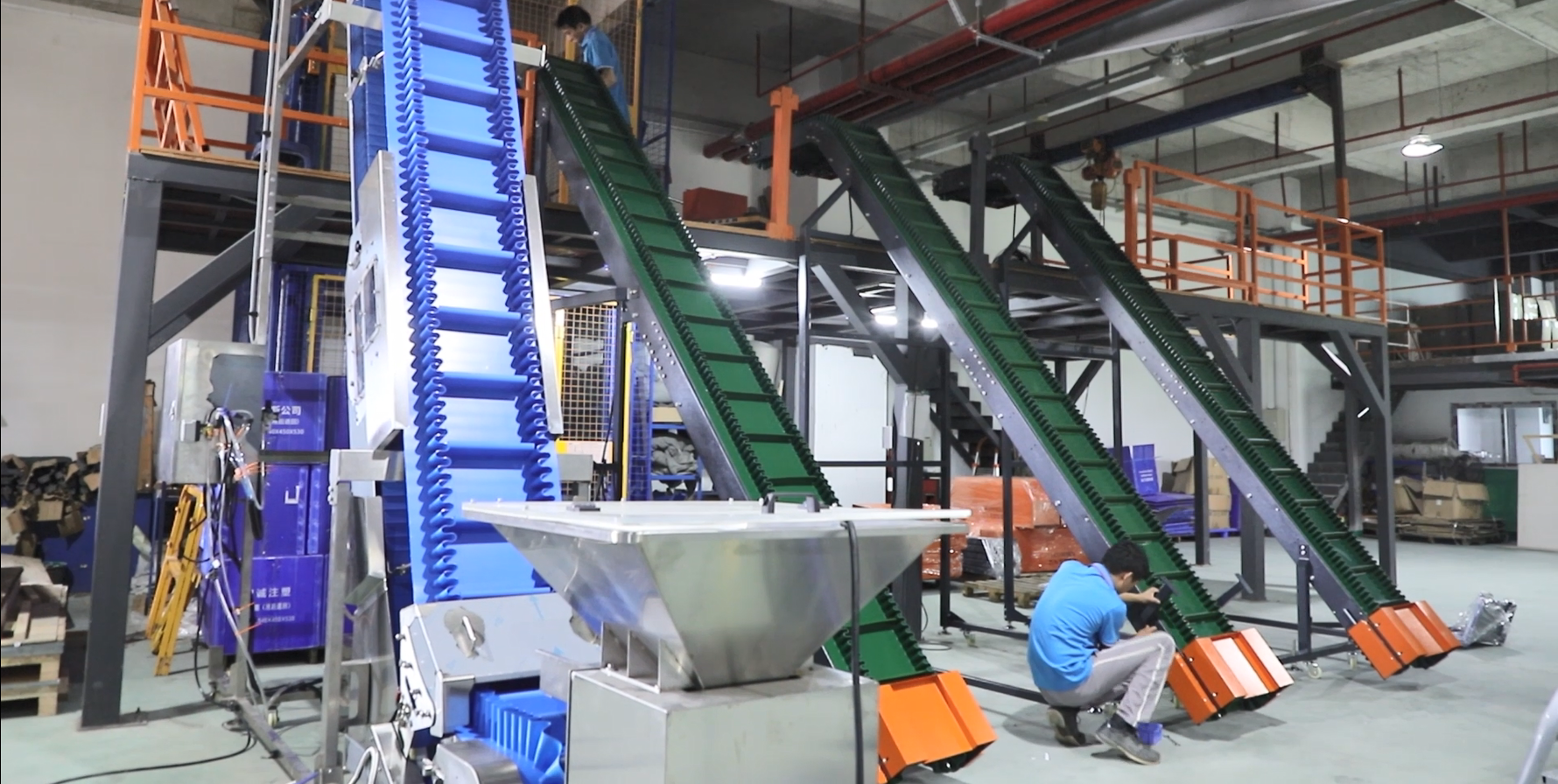
2. Mining Industry:
Belt conveyors find extensive use in the mining and quarrying industry, where they play a crucial role in the extraction and transportation of minerals, ores, and aggregates. Over rugged terrains and long distances, belt conveyors offer a robust and cost-effective solution for handling heavy loads. Their durable construction, combined with advanced safety features, enables uninterrupted operation in the harshest of environments. By alleviating the need for manual labor in material handling, belt conveyors enhance worker safety and reduce the risk of accidents. Furthermore, these conveyors facilitate the efficient sorting, grading, and stockpiling of mined materials, resulting in increased operational efficiency and reduced turnaround times.
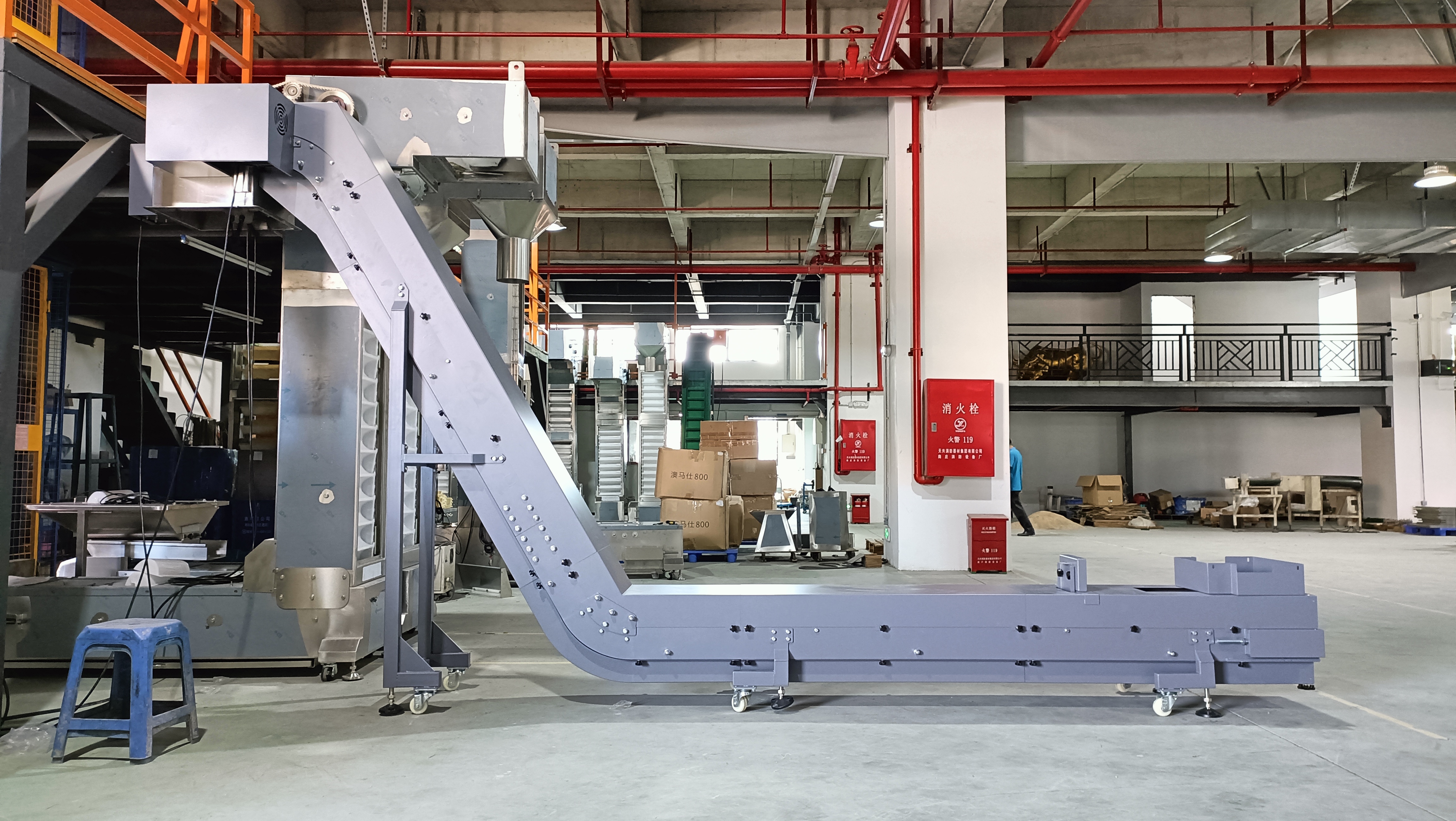
3. Food Processing Industry:
Belt conveyors have transformed the food processing industry by ensuring food safety, maximizing production rates, and maintaining the quality of perishable goods. In facilities ranging from small-scale bakeries to large-scale food processing plants, these conveyors are utilized for seamless transportation of raw materials, intermediate products, and finished goods. The ability to adjust the speed and configuration of belt conveyors allows for precise control of product flow, reducing product contamination and ensuring compliance with stringent hygiene standards. Additionally, belt conveyors designed with food-grade materials and easy-to-clean surfaces simplify maintenance and facilitate thorough sanitation. In this way, belt conveyors enable the smooth functioning of food production lines, reduce wastage, and enhance overall product quality.
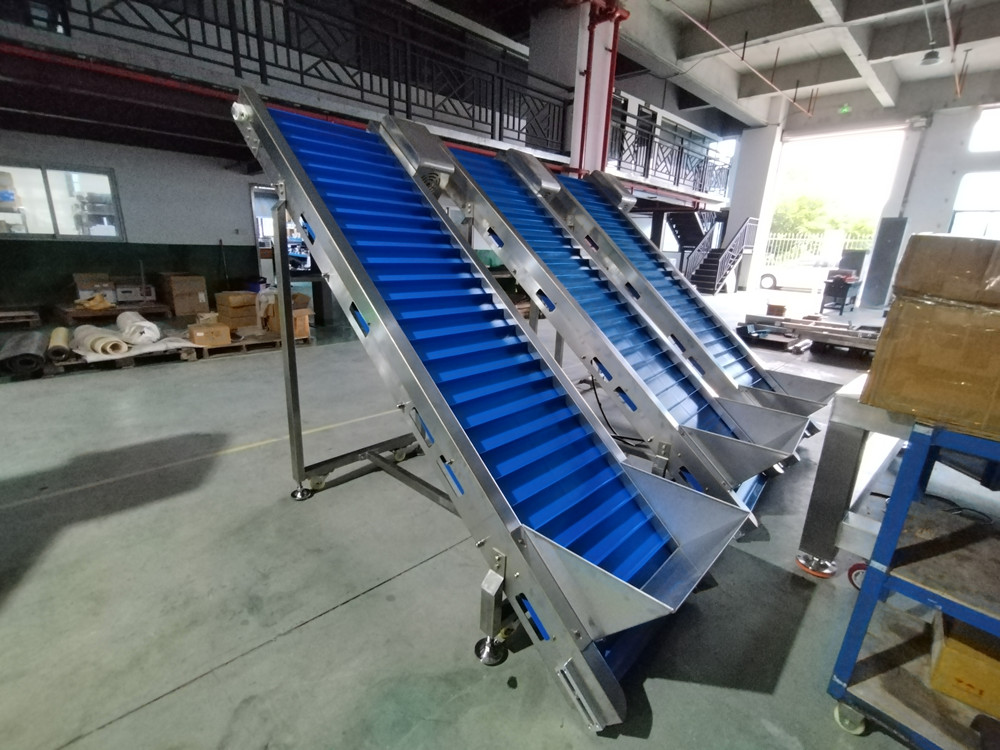
4. Warehousing and Logistics Industry:
Belt conveyors have revolutionized the warehousing and logistics industry by optimizing material handling, improving supply chain efficiency, and reducing labor costs. These conveyors provide a continuous flow of goods, enabling seamless loading, unloading, and sorting operations in warehouses, distribution centers, and airports. Belt conveyors can be integrated with other automated systems, such as barcode scanners and robotic arms, to further enhance productivity and accuracy. By automating repetitive tasks, these conveyors minimize human error and ensure faster order fulfilment, thus improving customer satisfaction. Moreover, belt conveyors integrated with advanced software systems enable real-time monitoring, inventory control, and tracking of goods, leading to enhanced traceability and logistics management.
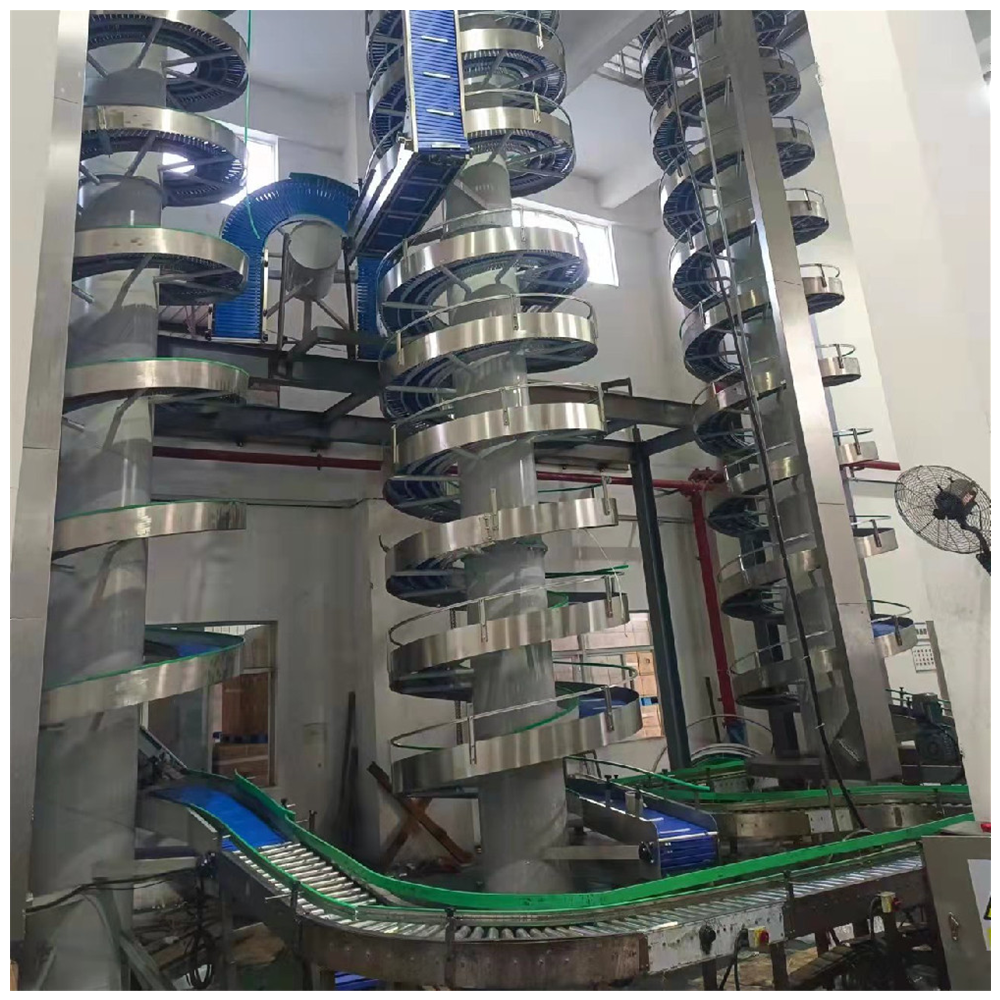
Conclusion:
In conclusion, belt conveyors have become a vital component in various manufacturing industries due to their versatility, efficiency, and reliability. Whether it is in manufacturing, mining, food processing, or logistics, these machines have transformed the way goods and materials are transported. By streamlining production, improving safety, and optimizing workflow, belt conveyors ensure greater efficiency and productivity, leading to reduced costs and improved profitability. With ongoing advancements in technology, the capabilities of belt conveyors are expected to continually evolve and meet the ever-changing demands of industry. As a result, the widespread use of belt conveyors is likely to persist, serving as an integral part of modern manufacturing processes for years to come.
Belt conveyors have become an indispensable part of modern manufacturing processes across numerous industries. Offering a versatile and efficient means of transportation, these machines have revolutionized the movement of goods and raw materials. With their ability to handle a wide range of products, sizes, and weights, belt conveyors have emerged as a key solution for streamlining production, reducing costs, and improving overall efficiency.

1. Manufacturing Industry:
In the manufacturing sector, belt conveyors serve as the backbone of production lines, seamlessly connecting different stages of the manufacturing process. From assembly to packaging, belt conveyors enable the smooth and efficient movement of components, parts, and finished products. By automating the transportation of goods, manufacturers can achieve higher levels of productivity, optimize resource allocation, and minimize the occurrence of errors. Additionally, belt conveyors are crucial for industries that require precise alignment and positioning of materials, such as the automotive and electronics sectors. They ensure that components are accurately delivered to the designated workstations, enabling seamless integration into the final product assembly.

2. Mining Industry:
Belt conveyors find extensive use in the mining and quarrying industry, where they play a crucial role in the extraction and transportation of minerals, ores, and aggregates. Over rugged terrains and long distances, belt conveyors offer a robust and cost-effective solution for handling heavy loads. Their durable construction, combined with advanced safety features, enables uninterrupted operation in the harshest of environments. By alleviating the need for manual labor in material handling, belt conveyors enhance worker safety and reduce the risk of accidents. Furthermore, these conveyors facilitate the efficient sorting, grading, and stockpiling of mined materials, resulting in increased operational efficiency and reduced turnaround times.

3. Food Processing Industry:
Belt conveyors have transformed the food processing industry by ensuring food safety, maximizing production rates, and maintaining the quality of perishable goods. In facilities ranging from small-scale bakeries to large-scale food processing plants, these conveyors are utilized for seamless transportation of raw materials, intermediate products, and finished goods. The ability to adjust the speed and configuration of belt conveyors allows for precise control of product flow, reducing product contamination and ensuring compliance with stringent hygiene standards. Additionally, belt conveyors designed with food-grade materials and easy-to-clean surfaces simplify maintenance and facilitate thorough sanitation. In this way, belt conveyors enable the smooth functioning of food production lines, reduce wastage, and enhance overall product quality.

4. Warehousing and Logistics Industry:
Belt conveyors have revolutionized the warehousing and logistics industry by optimizing material handling, improving supply chain efficiency, and reducing labor costs. These conveyors provide a continuous flow of goods, enabling seamless loading, unloading, and sorting operations in warehouses, distribution centers, and airports. Belt conveyors can be integrated with other automated systems, such as barcode scanners and robotic arms, to further enhance productivity and accuracy. By automating repetitive tasks, these conveyors minimize human error and ensure faster order fulfilment, thus improving customer satisfaction. Moreover, belt conveyors integrated with advanced software systems enable real-time monitoring, inventory control, and tracking of goods, leading to enhanced traceability and logistics management.

Conclusion:
In conclusion, belt conveyors have become a vital component in various manufacturing industries due to their versatility, efficiency, and reliability. Whether it is in manufacturing, mining, food processing, or logistics, these machines have transformed the way goods and materials are transported. By streamlining production, improving safety, and optimizing workflow, belt conveyors ensure greater efficiency and productivity, leading to reduced costs and improved profitability. With ongoing advancements in technology, the capabilities of belt conveyors are expected to continually evolve and meet the ever-changing demands of industry. As a result, the widespread use of belt conveyors is likely to persist, serving as an integral part of modern manufacturing processes for years to come.
